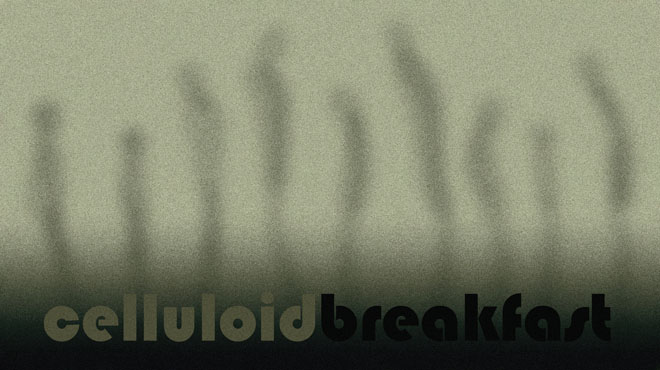Husband-and-wife filmmaking team Straub-Huillet takes on the story of Johann Sebastian Bach with a very delicate touch, almost too delicate to allow for a deep emotional connection beyond that yielded by the film’s enthusiastic musical performances. Linking together some of Bach’s most significant compositions, the film calls upon a range of performers, all dressed in appropriately baroque attire, to re-enact Bach’s body of work in a manner that almost brings him back to life. Acclaimed Dutch harpsichordist Gustav Leonhardt evokes the man himself with his illustrative recitations, although some of the greatest performances – that of the cantata “Klagt, Kinder, klagt as aller Welt”, in particular – come from elsewhere.
On the other hand, the film holds little for those who are not particularly musical. The imagined diary entries, which scarcely drive the film, are read by the titular Anna Magdalena (Christiane Lang) in a flat, cloying tone, interrupting the otherwise beautiful soundtrack. For this reason, I believe the film might perhaps have benefited from dropping the spoken narrative altogether, allowing us as an audience to indulge in a chronology of music, although some would argue that such an experience does not belong on the big screen.
Photographically, the film is impressive. Shots linger hauntingly, and at times it feels as if we ourselves are intruding. The visual style brings to mind Andrei Tarkovsky in all its meditative reverie and romantic lighting. Without overstating the matter, The Chronicle of Anna Magdalena Bach is an interesting but maddeningly stoical piece on classical music.






No comments:
Post a Comment